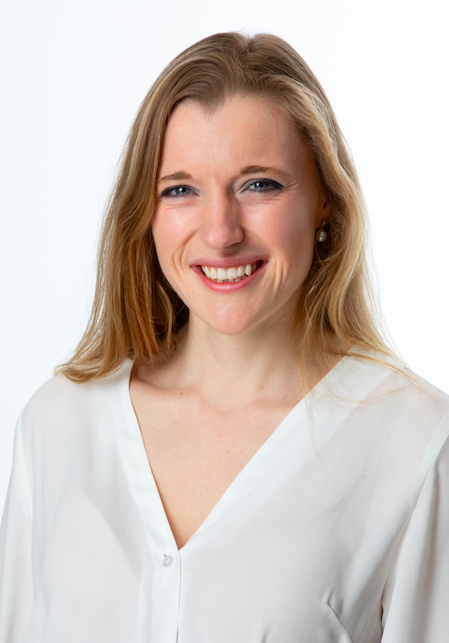DPhil in Medical Law: Q and A with Dr Cressida Auckland
DPhil in Medical Law: Dr Cressida Auckland 
Why did you choose Oxford?
I chose Oxford primarily because of the academics available to supervise me there (Imogen Goold and Jonathan Herring), but having completed my undergraduate degree there, I also loved the city and the university.
Did teaching and lecturing help your DPhil research?
While it didn’t help the contents of my research, teaching did give me more structure and provided an important distraction from my DPhil, which I think benefited my research hugely. Focussing on one piece of work for three years can make you lose perspective on it, so the need to think about something else for a change; to have time-sensitive deadlines to work too, and pressing student issues to address, definitely helped provide greater structure to the three years, and stopped me becoming too obsessive about the DPhil!
What was the title of your DPhil research and what was your research about?
My DPhil was entitled ‘The Cusp of Capacity: Empowering and protecting people in decisions about treatment and care’. It examined the operation of the capacity threshold both conceptually, and in the way it is applied by doctors and judges in practice. It argued that the test for capacity contained in the Mental Capacity Act 2005 fails to accurately distinguish those who are capable of autonomous decision-making from those who are not, relying on too narrow a conception of autonomy which prevents it from capturing impairments in the content of the person’s beliefs or values, rather than their decision-making processes. It therefore advocated introducing a new ‘authenticity’ limb to the test that asks whether the person’s values or beliefs are the product of an illness or disorder.
If the test cannot reliably distinguish autonomous from non-autonomous, the law’s cliff-edge approach is difficult to justify. Yet, the provisions on best
interests are currently framed in a way that provides doctors and care-workers with very little support should they wish to make a decision which carries an element of risk to the person. I therefore proposed a new framework to encourage decision-makers to prioritise the wishes of the individual, through a
rebuttable presumption that their wishes be determinative of their best interests unless giving effect to them would expose the person to a serious risk of
significant harm.
Who was your supervisor?
Imogen Goold and Jonathan Herring.
How did you think of your DPhil research topic?
Initially through discussions with academics on my Masters course, but the focus of the DPhil changed considerably over the course of the three years, in large part prompted by the helpful comments I received during my DPhil upgrade viva.

